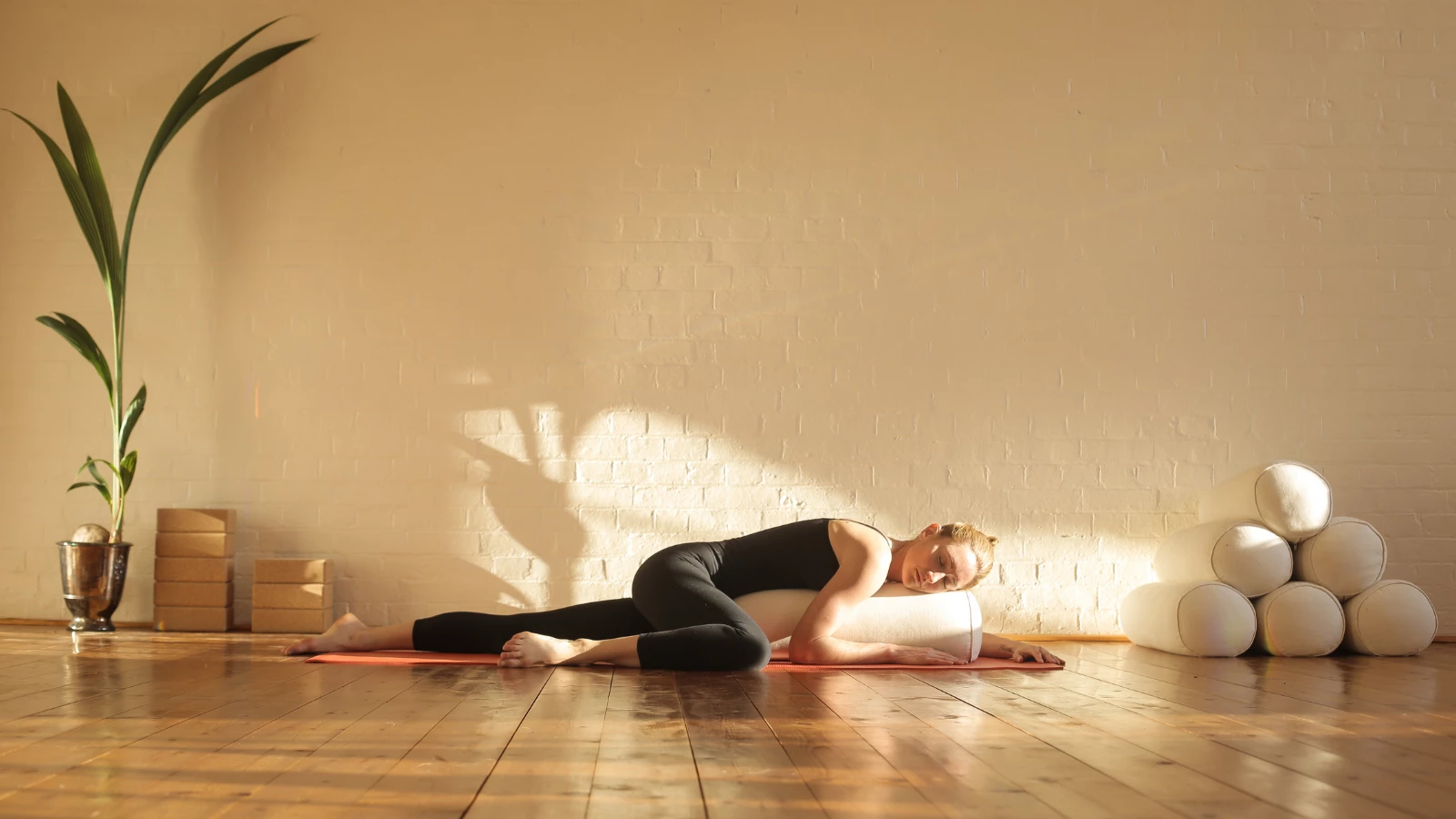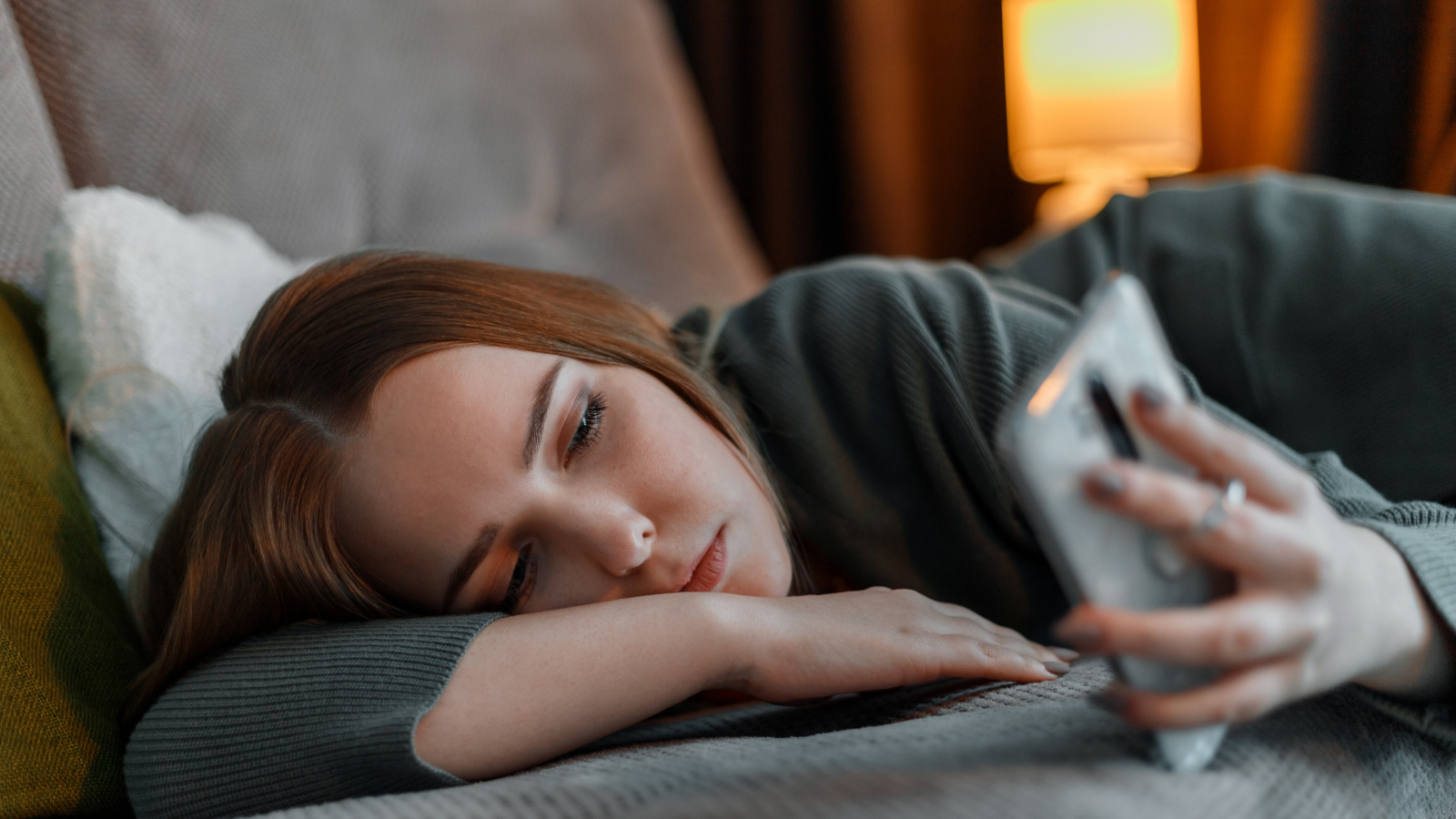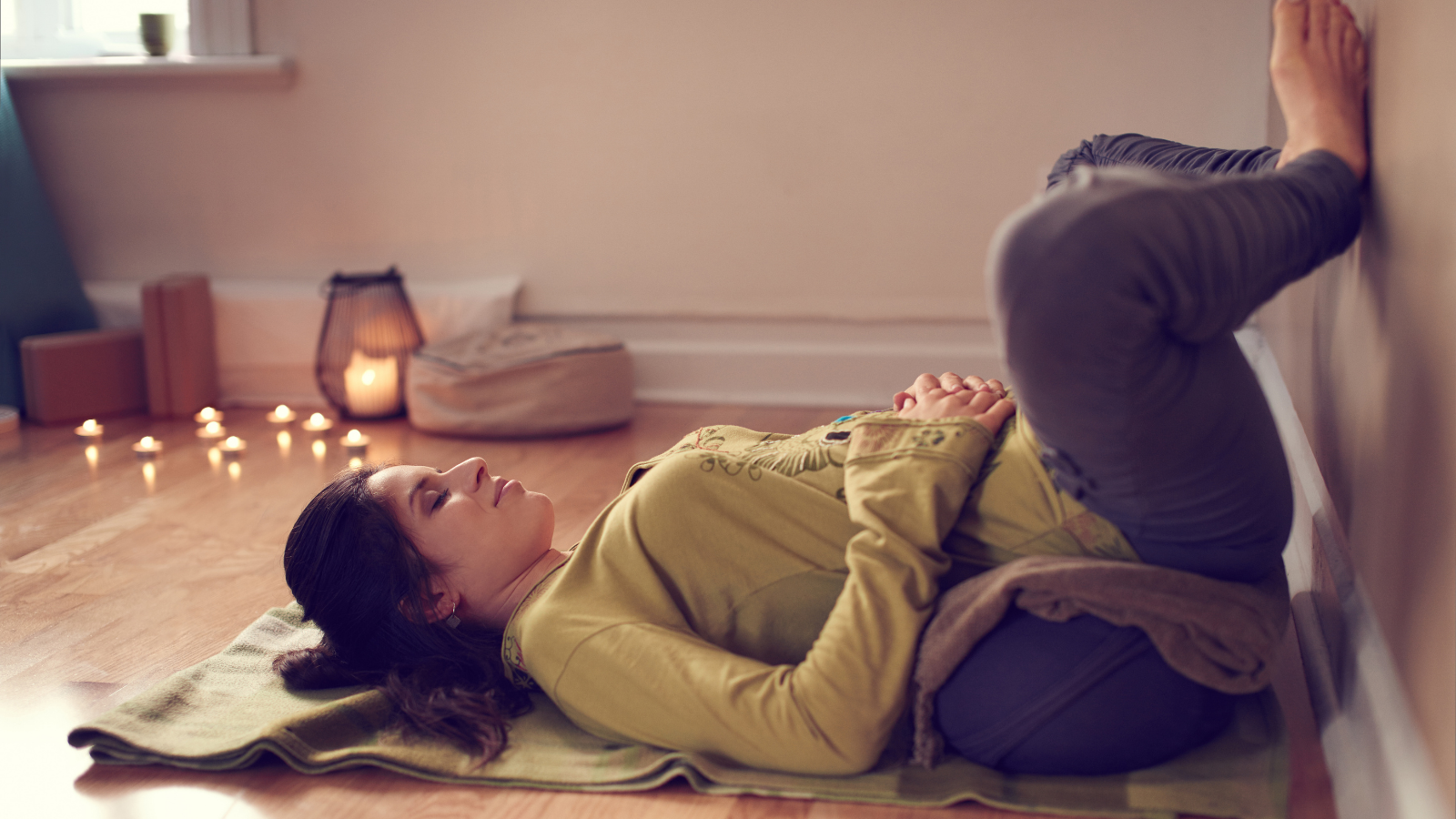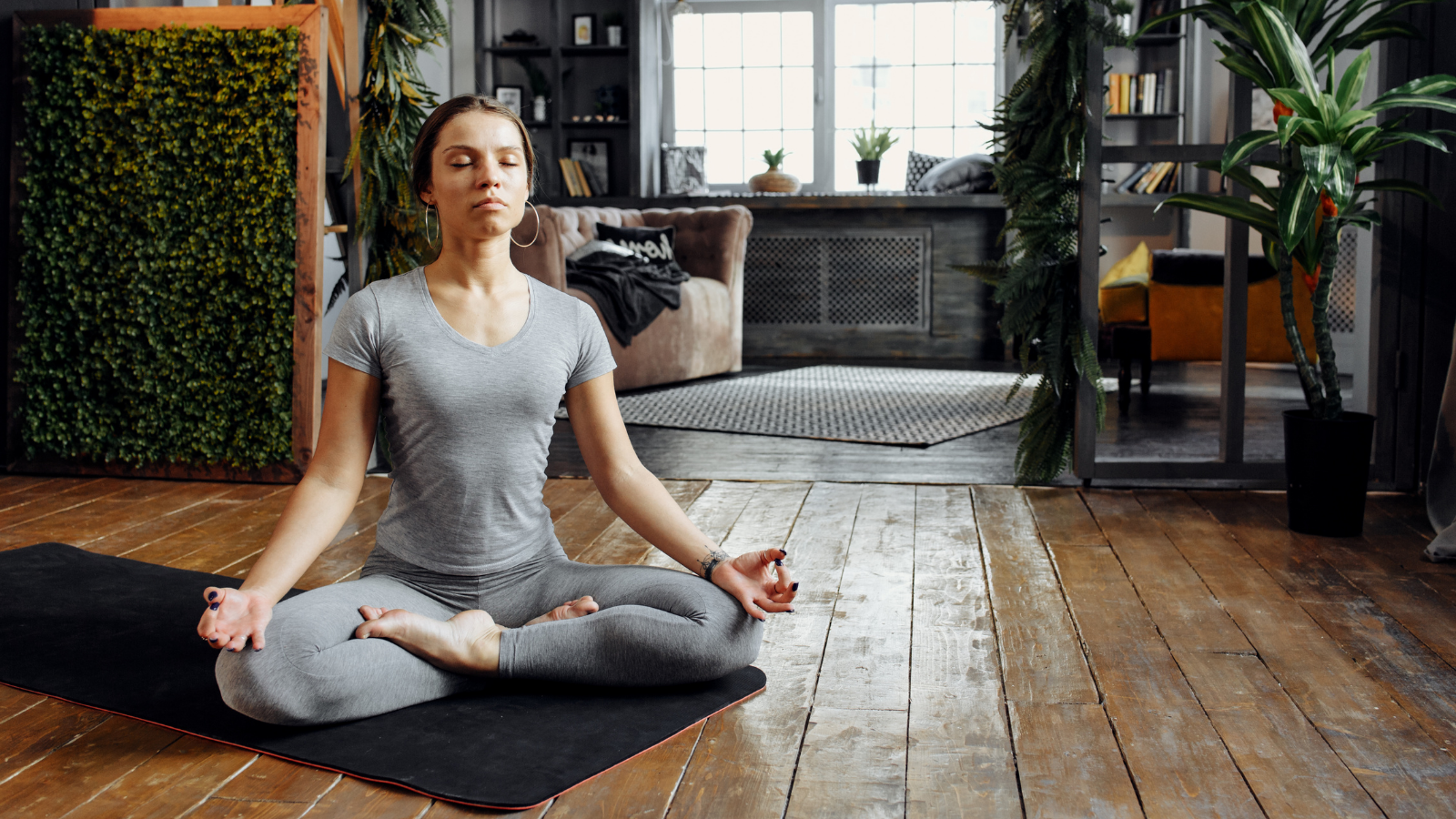Study: Nighttime Light May Lead to Weight Gain

When it comes to bedtime, few people are able to just slide under the covers and fall right to sleep. Most of us instead need some sort of transition period so we can settle down from the day and eventually nod off. This often involves watching television or reading in bed until slumber overtakes you. But if you are consistently falling asleep with light still being emitted from a lamp or TV, you might be putting yourself at risk for weight gain, at least if you’re a woman.
According to a new study that took place at the United States National Institute of Environmental Health Sciences in Research Triangle Park, North Carolina, women who sleep with artificial light in their room may have a higher risk of gaining weight. (1) These results are based on an investigation that included close to 44,000 women between the ages of 35 and 74. None of the subjects had issues typically related to sleep disturbances, such as being a shift worker, a habit of daytime sleeping, or being pregnant. Yet those who reported sleeping with a television or light on were 17 percent more likely to put on 11 pounds or more during a five-year period. The only form of light in a room not associated with this gain was a small nightlight.
How Nighttime Light Contributes to Weight Gain

Being exposed to artificial light while sleeping can result in poor sleep quality, which may be why a dim nightlight does not have the same effect. But the biggest problem with nighttime light is that it prevents adequate production of melatonin. Melatonin is a hormone essential to maintaining a proper circadian rhythm, in essence setting our internal clocks so we know to sleep when it’s dark outside and wake in the morning when the sun has risen.
But too much artificial light during the hours that we should be sleeping can mess up this delicate balance. And a 2017 study at the University of Leeds in the United Kingdom showed that both men and women who get an insufficient amount of sleep most nights have a greater likelihood of being overweight and having a bigger waist, as well as higher blood sugar levels, decreased thyroid function, and increased inflammation.
How to Set Yourself Up for Healthy Sleep

So, what can you do to ensure a better quality of sleep and lower your risk of gaining extra pounds? As the current research suggests, it’s important to remove the sources of nighttime light from your room. If you fall asleep to the television nightly because you like listening to something as you drift off, try a white noise machine that offers soothing nature sounds or music, and set it for a certain length of time. Or put your bedroom television on a timer so it shuts itself off shortly after you go to sleep.
Keep lights off in your bedroom as well as in the hallway if you leave your door open. Choose a low-wattage nightlight if you’re worried about falling during nighttime trips to the bathroom. And don’t bring devices like your cell phone, laptop, or tablet to bed, because the light they emit is just as detrimental to your sleep. If you use your cell phone to wake you in the morning, buy an old-fashioned alarm clock to do the job instead. Or just keep the cell phone face down on the nightstand.
Healthy Tips to Ensure a Better Night’s Sleep

- Don’t drink alcohol for a few hours before bed.
- Cut out afternoon and evening caffeine.
- Skip large, late dinners.
- Invest in a new, good-quality mattress.
- Exercise during the day and stretch at night.
- Take a hot bath or shower close to bedtime.
- Go for an evening walk.
- Lower stress with an L-theanine supplement.
- Meditate before bed.
- Add a small dose of time-released melatonin as needed.
- Take a soothing magnesium supplement.
- Drink chamomile tea before bed.

- Set the thermostat for 60-67 degrees.
- Try visualization to promote relaxation.
- Practice gentle, restorative yoga before bedtime.
Also, read...
15 Natural Remedies For A Good Night’s Sleep
Exploring the Link Between Sleep and Anxiety
Yogic Breathing for Better Sleep – Balancing Apana and Prana Vayus
Related courses
Breath as Medicine: Yogic Breathing for Vital Aging
Yoga and Myofascial Release: Releasing Chronic Tension with the Bodymind Ballwork Method

Jon Barron is the founder of the Baseline of Health® Foundation, whose website attracts millions of visitors worldwide so people can learn about health and nutrition for free. He has lectured internationally and has been featured on many regional and syndicated media programs as an expert in disease prevention, anti-aging, and nutrition.



